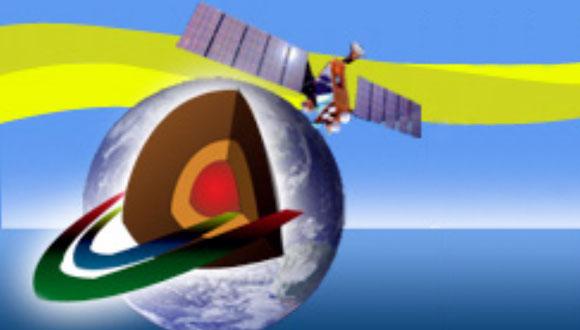Geosciences Dept. Seminar: Exoplanets in the space age - A new window to the stars
Dr. Avi Shporer, MIT
Abstract:
The study of exoplanets is an observations-led field, and in the last decade the forefront of exoplanets discovery has moved from ground-based telescopes to space-based telescopes. My research is focused on studies that are enabled by the high quality data from space-based transit surveys, including Kepler and K2. I will present two projects. The first project is a niche that myself and a few others have been developing over the past several years, which is the study and use of the minute photometric variability along the orbital motion (the phase curve) in star-planet systems, variability which is beyond reach from the ground. These orbital modulations are induced by a combination of gravitational and atmospheric processes, hence the phase curve shape can be used to study the atmosphere of the companion (planet, brown dwarf, or small star) and measure its mass, in both transiting and non-transiting systems, as I will show. The second project I will present is a recent one, where we are looking for transiting Warm Jupiters - transiting gas giant planets at orbits beyond about 10 days - which can be detected efficiently only from space. Our goals are to investigate inflated gas giant planets, study Hot Jupiters orbital evolution, and identify targets for extending exoplanet atmosphere and stellar obliquity studies beyond the Hot Jupiters class. Finally, I will present my future plans, including the discovery of new exoplanets with the NASA TESS Mission (launch: March 2018), which I am part of, in conjunction with my Key Project at the Las Cumbres Observatory.
Seminar Organizer: Prof. Eyal Haifetz


